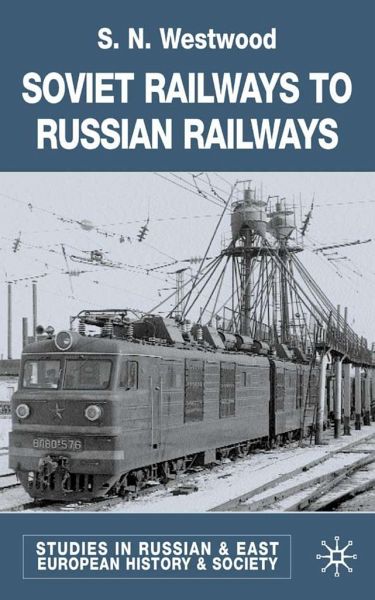
Soviet Railways to Russian Railways

PAYBACK Punkte
52 °P sammeln!
In the postsoviet decade Russian railways remained highly centralised, evaded the upheavals of mass privatisation, and remained the backbone of a demoralised economy. Preserving much of Soviet practice, the Railways Ministry mounted a skilled rearguard action that achieved a gradual and considered adaptation to the market economy rather than the pell-mell, western-orientated, liberalisation that afflicted other branches of the economy. This book describes that rearguard action, and goes on to show how railway managers are coping with the new conditions.












